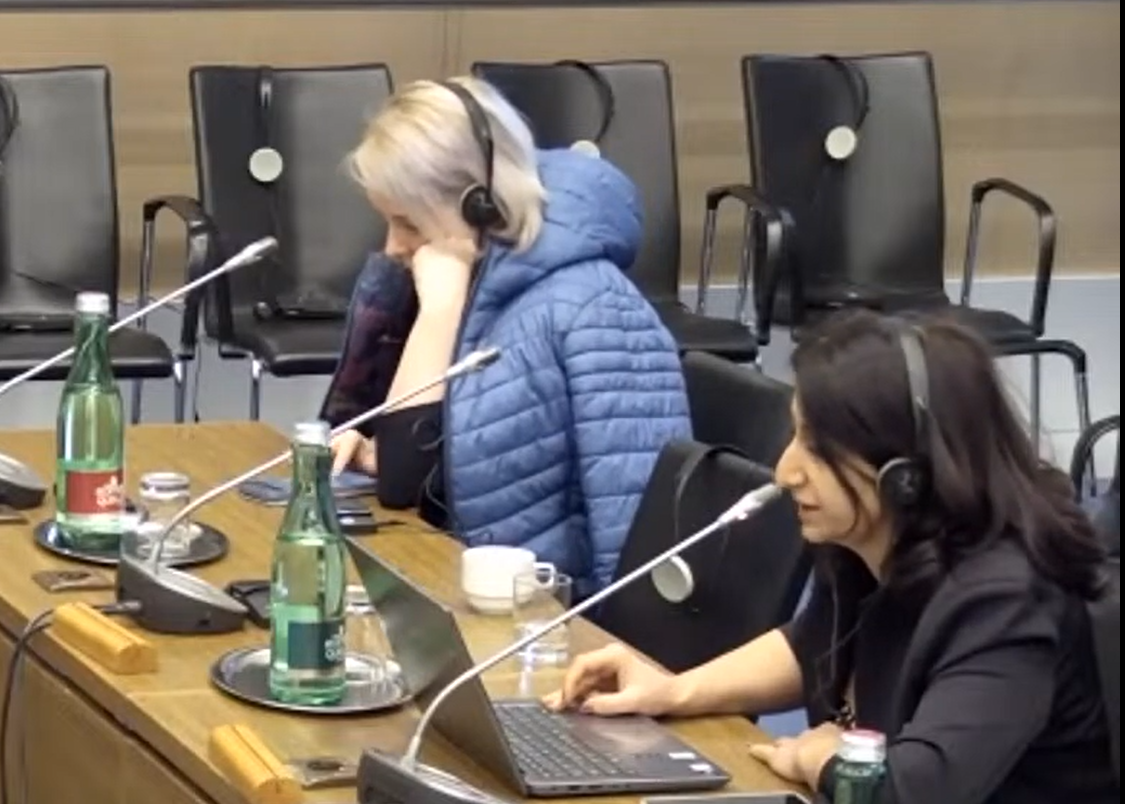
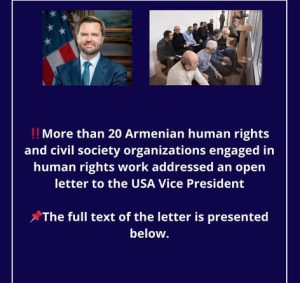
Open Letter from Armenian Human Rights NGOs to U.S. Vice President J.D. Vance on the Issue of Armenian Prisoners
On the eve of U.S. Vice President JD Vance’s visit

The speech by PRWB legal expert Anna Melikyan at the OSCE/ODIHR Human Dimension Conference on March 18, 2025, dedicated to the topic: “The Role of the Media in Conflicts and Humanitarian Crises: Addressing International Humanitarian Law and International Human Rights Law.”
Recommendations: to continuously support media outlets doing investigative journalists to allow them carry out their vital function uninterrupted.

On the eve of U.S. Vice President JD Vance’s visit
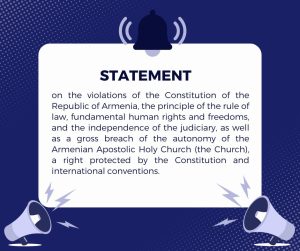
We, the undersigned civil society organisations and individuals, express our
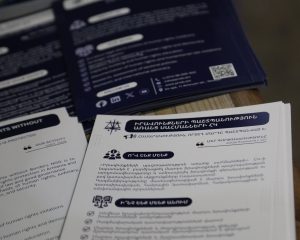
The Protection of Rights Without Borders team participated in the
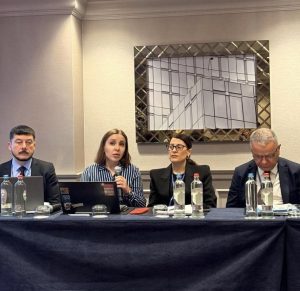
On December 4, Hasmik Harutyunyan, Legal Expert at the Protection